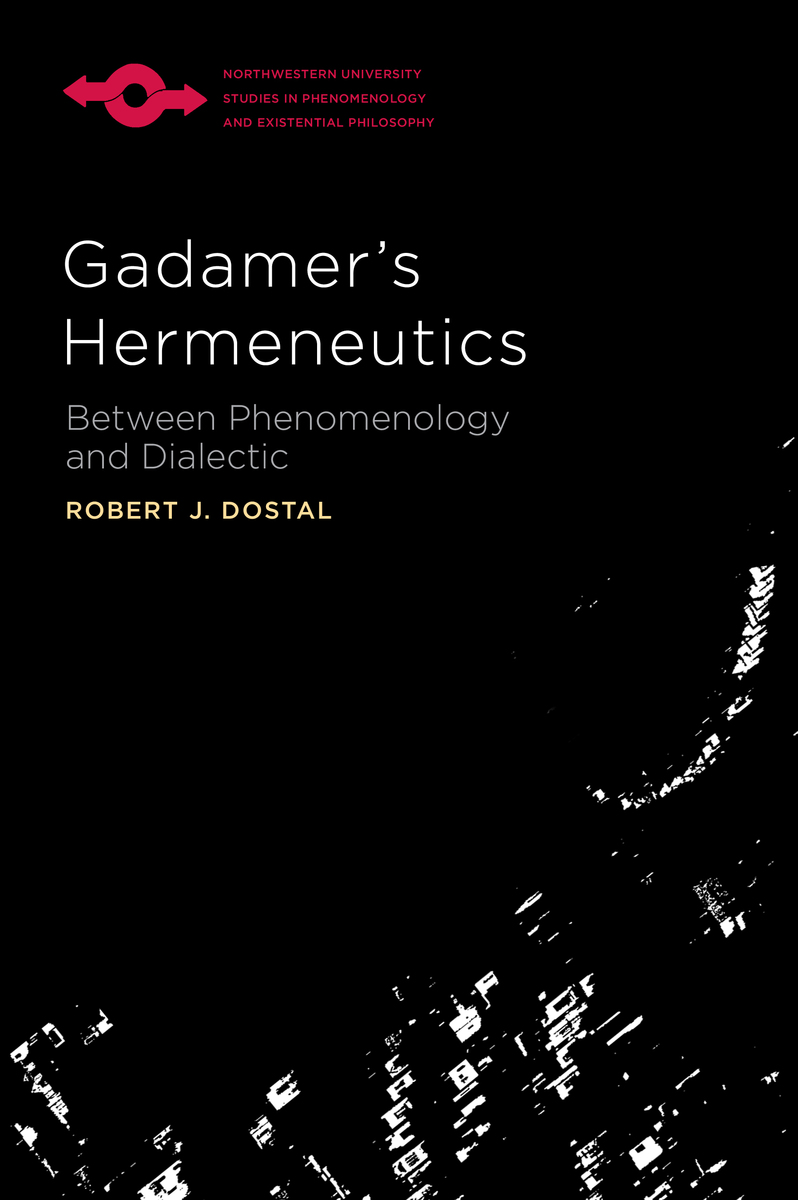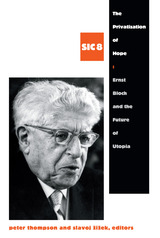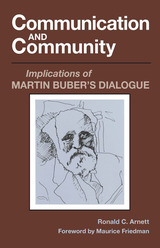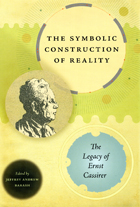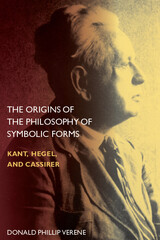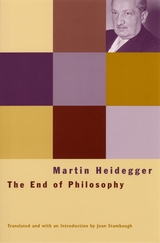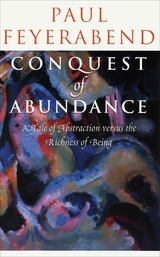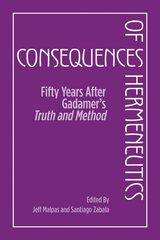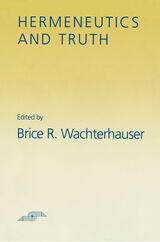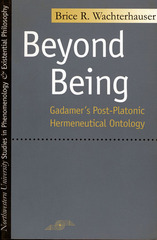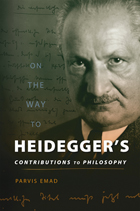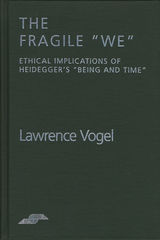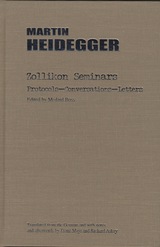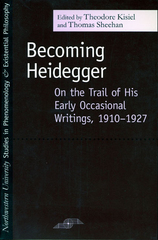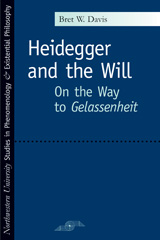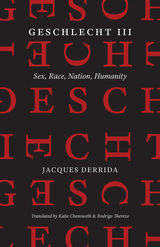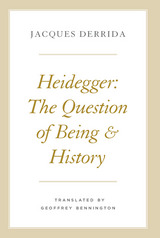Gadamer’s Hermeneutics: Between Phenomenology and Dialectic
Northwestern University Press, 2022
Cloth: 978-0-8101-4451-4 | Paper: 978-0-8101-4450-7 | eISBN: 978-0-8101-4452-1
Library of Congress Classification B3248.G34D67 2022
Dewey Decimal Classification 121.686
Cloth: 978-0-8101-4451-4 | Paper: 978-0-8101-4450-7 | eISBN: 978-0-8101-4452-1
Library of Congress Classification B3248.G34D67 2022
Dewey Decimal Classification 121.686
ABOUT THIS BOOK | AUTHOR BIOGRAPHY | REVIEWS | TOC | REQUEST ACCESSIBLE FILE
ABOUT THIS BOOK
In Gadamer’s Hermeneutics Robert J. Dostal provides a comprehensive and critical account of Hans-Georg Gadamer’s hermeneutical philosophy, arguing that Gadamer’s enterprise is rooted in the thesis that “being that can be understood is language.” He defends Gadamer against charges of linguistic idealism and emphasizes language’s relationship to understanding, though he criticizes Gadamer for too often ignoring the role of the prelinguistic in our experience. Dostal goes on to explain the concept of the "inner word" for Gadamer’s account of language.
The book situates Gadamer’s hermeneutics in three important ways: in relation to the contestability of the legacy of the Enlightenment project; in relation to the work of his mentor, Martin Heidegger; and in relation to Gadamer’s reading of Plato and Aristotle. Dostal explores both Gadamer’s claim on the Enlightenment and his ambivalence toward it. He considers Gadamer’s dependence on Heidegger’s accomplishment while pointing out the ways in which Gadamer charted his own course, rejecting his teacher’s reading of Plato and his antihumanism. Dostal points out notable differences in the philosophers’ politics as well. Finally, Dostal mediates between Gadamer’s hermeneutics and what might be called philological hermeneutics. His analysis defends the civic humanism that is the culmination of the philosopher’s hermeneutics, a humanism defined by moral education, common sense, judgment, and taste. Supporters and critics of Gadamer’s philosophy will learn much from this major achievement.
The book situates Gadamer’s hermeneutics in three important ways: in relation to the contestability of the legacy of the Enlightenment project; in relation to the work of his mentor, Martin Heidegger; and in relation to Gadamer’s reading of Plato and Aristotle. Dostal explores both Gadamer’s claim on the Enlightenment and his ambivalence toward it. He considers Gadamer’s dependence on Heidegger’s accomplishment while pointing out the ways in which Gadamer charted his own course, rejecting his teacher’s reading of Plato and his antihumanism. Dostal points out notable differences in the philosophers’ politics as well. Finally, Dostal mediates between Gadamer’s hermeneutics and what might be called philological hermeneutics. His analysis defends the civic humanism that is the culmination of the philosopher’s hermeneutics, a humanism defined by moral education, common sense, judgment, and taste. Supporters and critics of Gadamer’s philosophy will learn much from this major achievement.
See other books on: 1900-2002 | Dialectic | Existentialism | Gadamer, Hans-Georg | Hermeneutics
See other titles from Northwestern University Press
